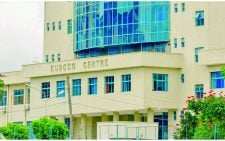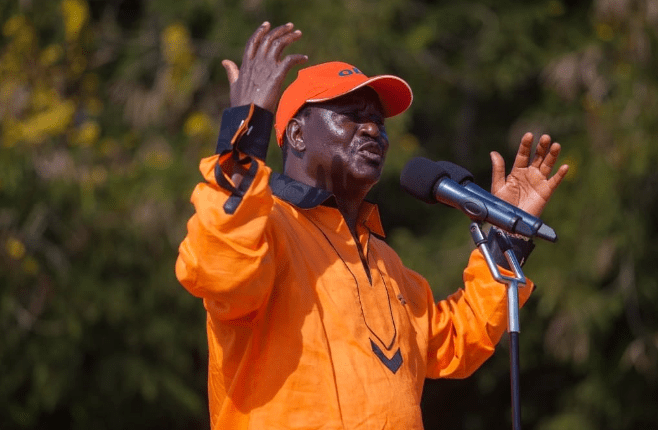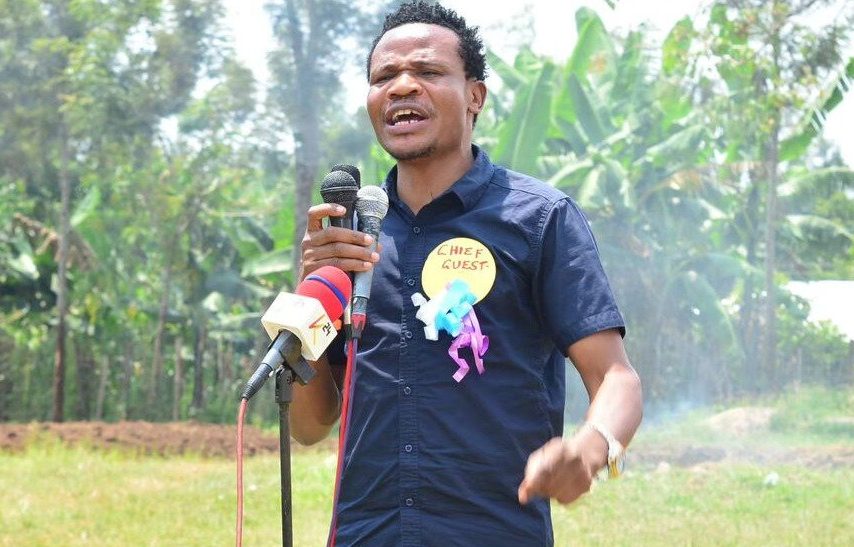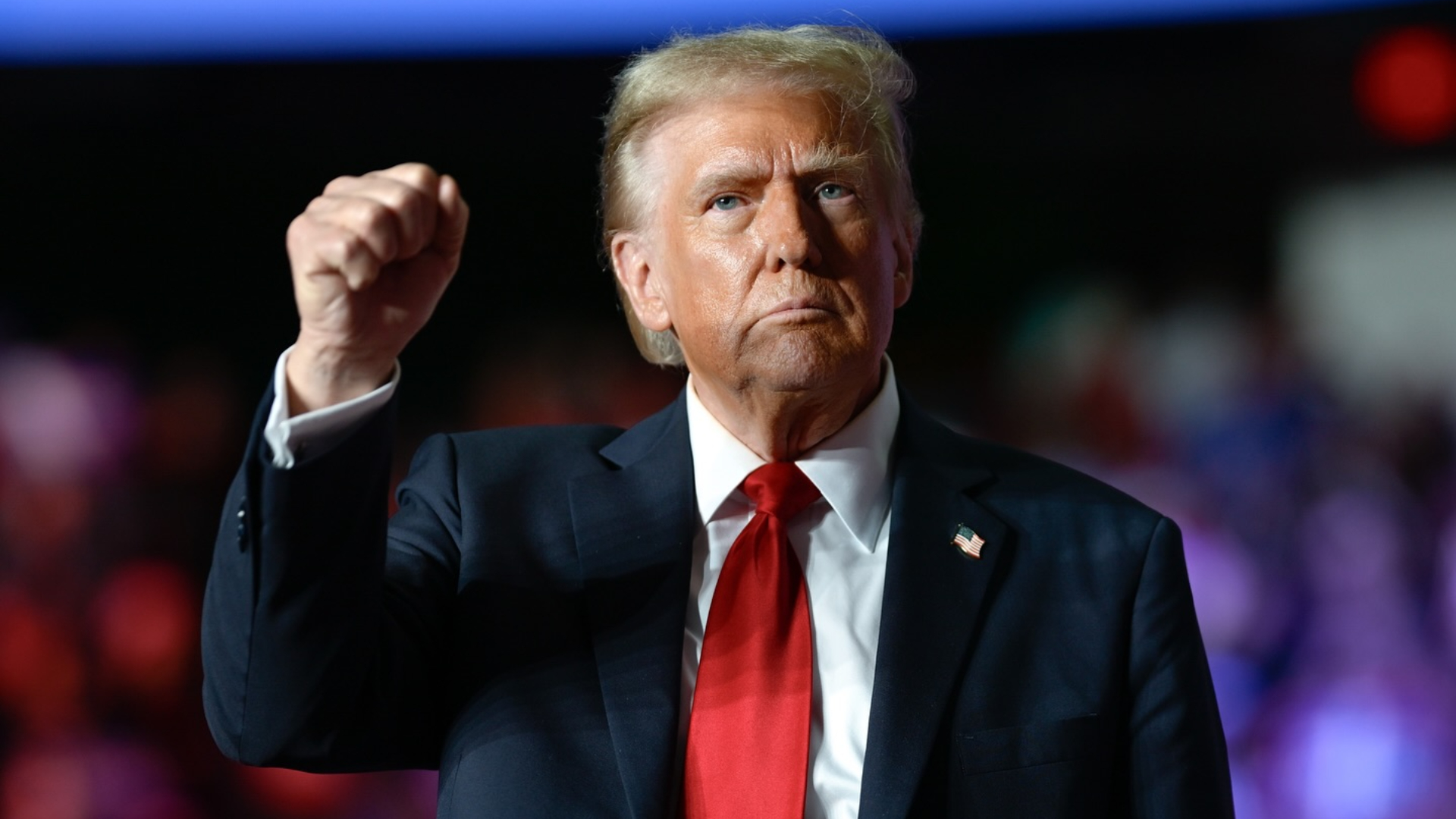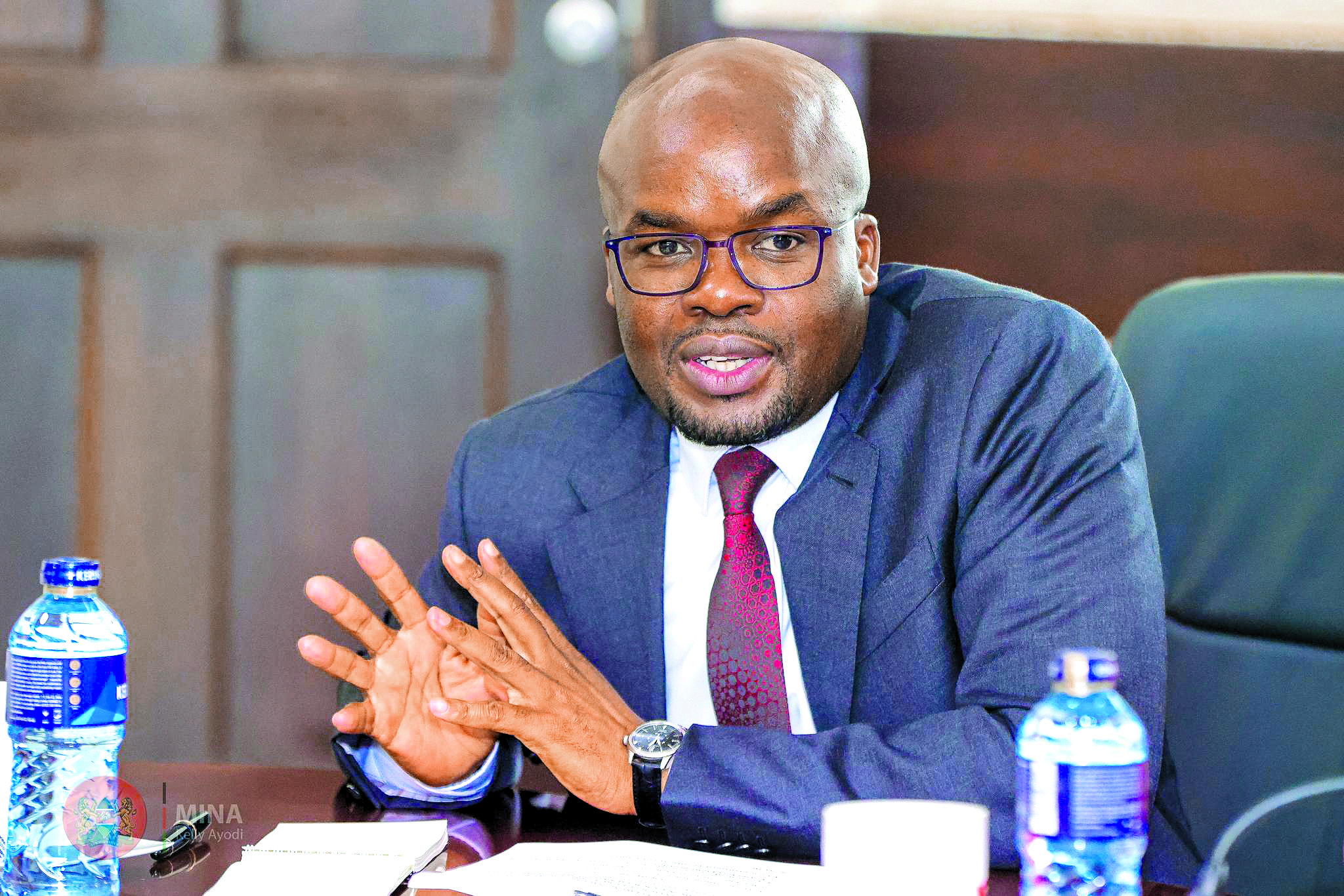Trying times for tourism sector as coronavirus bites
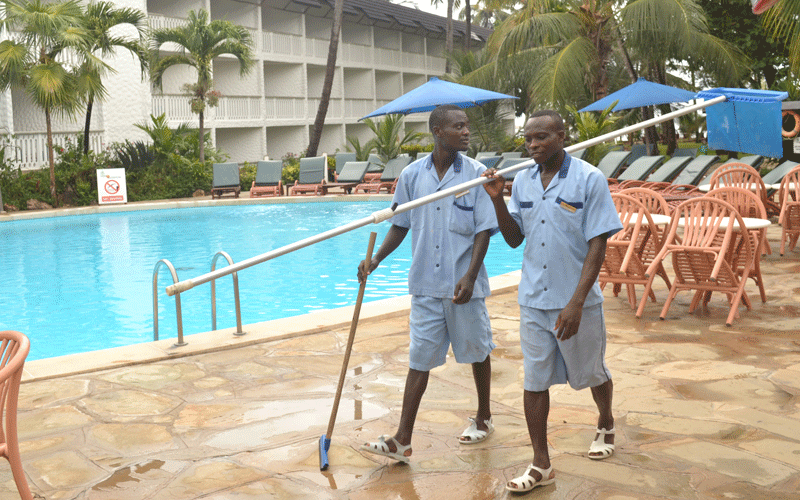
Harrison Kivisu and Peter Leshan
Traders who sell artefacts on the shores of Indian Ocean in the Coast region and in the Masai Mara Game Game Reserve are closing shop rendering hundreds jobless and desperate.
Beach boys and attendants, who provide various services at the beaches say since the closure of all public beaches by the regional governments, they, too, have been forced to close their businesses.
The situation has been worsened by cancellation of inbound flights that has seen the decrease in the number of tourists to the region decrease.
The siruation has also been compounded by the ban crowding, which is common on beaches to tame coronavirus spread.
According to Peter Ngowa Ziro, a boat attendant, who offers boats for hire at the Mombasa beach, his business has been grounded by the shutdown of the beaches.
“For the past one week, there are no customers as nobody is allowed to tour the beaches or swim,” he said.
The popular public beaches include Jomo Kenyatta, Mombasa, Nyali and Shelly. At Jomo Kenyatta beach, photographers, curio dealers, hawkers, and beach boys have been chased away by Mombasa county inspectorate officers deployed to keep out visitors.
“I sell food stuff to beach goers. Normally I attend to over 200 people per day, but lately, we only sell to fishermen,” said Christine Sanda Changamwa.
Domestic tourists from upcountry have opted to stay away, while international guests have been barred from travelling into the country after the government banned inbound travels of guests from countries mostly hit by the pandemic.
On March 4, the government suspended direct flights from northern Italy, over the outbreak of the new corona virus affecting 90 per cent of tourism economy in Northern parts of Kenyan Coast.
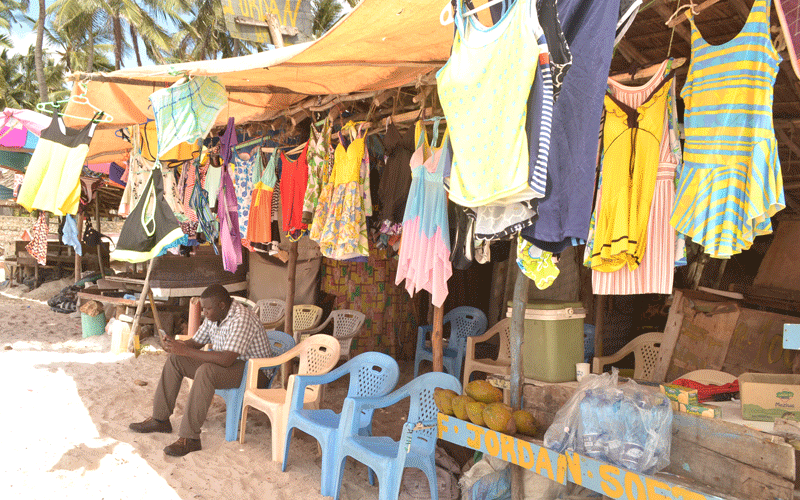
MSANGI
Tourism sector players at the Coast have appealed to the government to consider tax exemption on hotels and holiday homes in the region to enable them stay afloat as they continue to bear the brunt of Covid-19 pandemic.
The sector is recording low revenues after cancellation of tourism conferences and charter flights to coast destination and now key sector players say a tax waiver and a creation of tourism sustainability fund would support the sector during these hard economic times.
Masai Mara Game Reserve, which has been a world famous safari destination since 1958 when it was established has for the first time grounded to a halt because of the novel coronavirus pandemic.
The few domestic flights that have in the last two weeks — when the first case was reported in the country — been flying tourists, mainly locals, to and from the reserve slowly stopped on Tuesday as lodges and camps started laying off workers.
250,000 jobless
At Keekorok, Serena, Olkiombo and Musiara airstrips, which serves more than 80 tented camps and lodges inside and outside the park, only three flights landed on Tuesday to take senior hotel managers and some workers to Nairobi as winding up of businesses for an uncertain period of time entered top gear.
“It is the first time since the reserve was set aside exclusively for wildlife that activities have grounded to a halt.
Even during turbulent times the country has faced, it has never been like this,” said Joseph Kayoni, a former Narok county council clerk who is a shareholder in Sarova Mara Game Camp.
Kayoni, who witnessed members of the Maasai Purko clan donate 3,150 hectares of land for the establishment of the park, said even during low seasons or in times of skirmishes such as the 2007-2008 post election violence or even during terror attacks, the Mara has always had some tourism activities.
Major tour operators said more than 250,000 people who directly or indirectly depend on travel will lose livelihoods now that all international passenger flights have been stopped and Kenyans told to stay indoors to beat Covid-19.
Lockdown impact
“Most of us started sending even our core workers on unpaid leave when Chinese tourists stopped coming to Kenya because of the viral disease in January. We will now close business until it is eliminated.
However, even if it is wiped out, it will still take long before tourists start coming,” said Patrick Wanjohi, the CEO of Into Africa Eco Travel Company.
The pandemic has instilled fear, which will take a long time to peter out, said Lily Waddington, team leader at UK Magical Safaris and also the proprietor of Osero Camp in Mara and Magical Resort Beach in Mombasa.
Only two cleaners and a chef are being retained at her exclusive 20-bed capacity establishment in Mara, adding that others including those in the accounts department are at home.
“All travel has been cancelled. We are going to wait indefinitely for things to normalise. Mara is for the first time hard hit.
Our business at the Coast has been on and off because of terrorism since 2014,” she told Travelwise.
Masai women who have been a common feature at Sekenani, Ololaimutia and Musiara gates, selling beads and other bead work designs were absent as the effects of the ‘stay at home’ directive started to be felt.
Several curio shops and outlets outside Mai Mahiu, Narok and Ewaso Nyiro trading centres have closed as tourists and other visitor excursions in cultural villages (manyattas) along the Narok-Sekenani Gate road stopped.
“Business has been low since January when coronavirus spiralled out of China. During low seasons, we depend on tourists from China and other countries in Asia.
Now that the virus has spread to all parts of the world, we have been forced to close down,” said Geoffrey Kimani, secretary, Mara Curio Dealers Association.
Though recalling of business from commercial banks have been delayed for a year because of the viral disease, he said it would be difficult for curio dealers to repay them because of the long period it would take for tourism to rebound.



